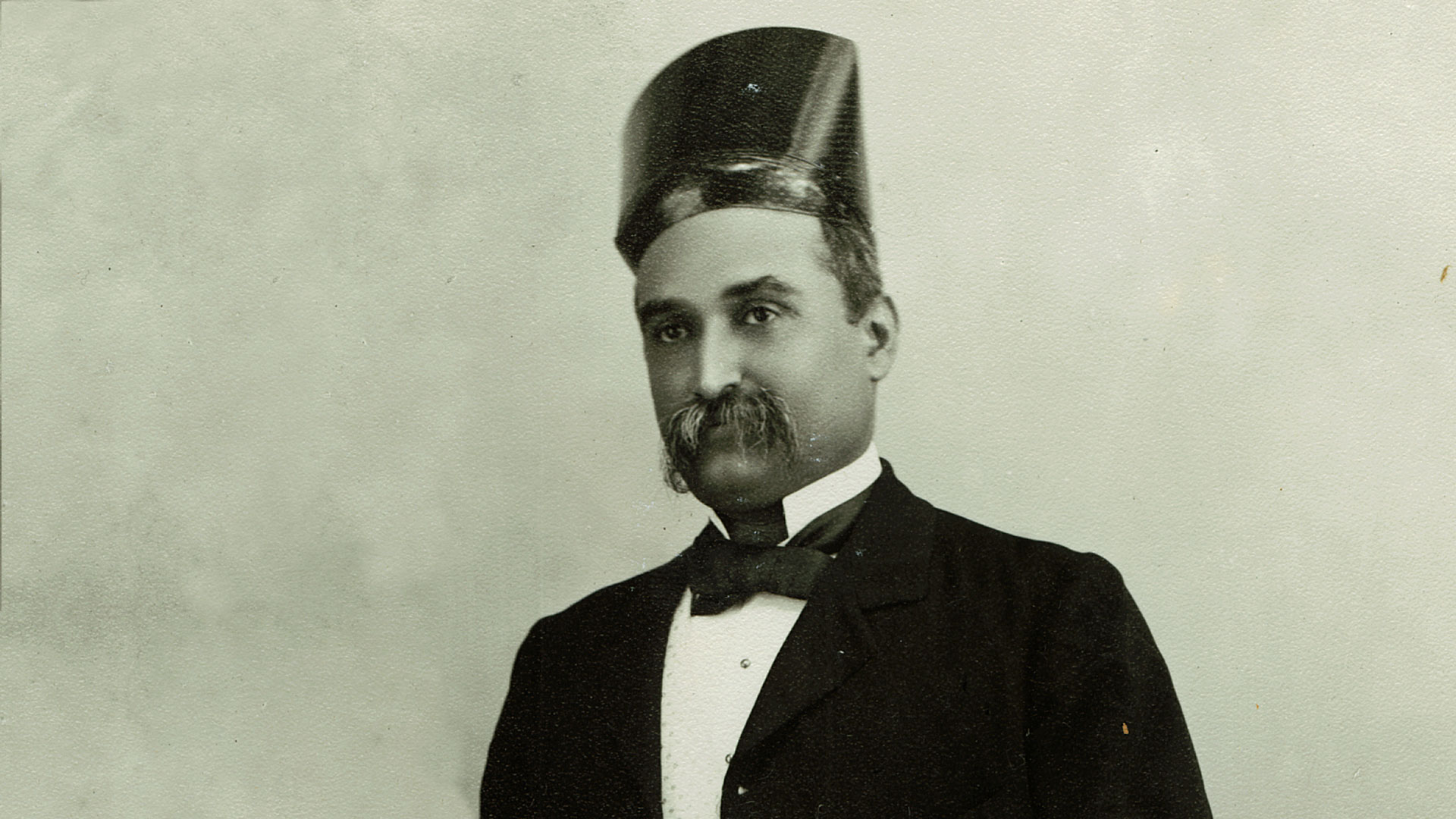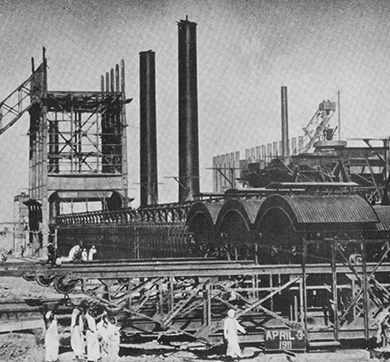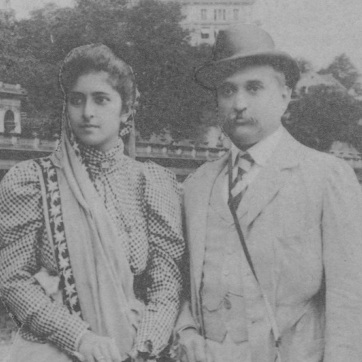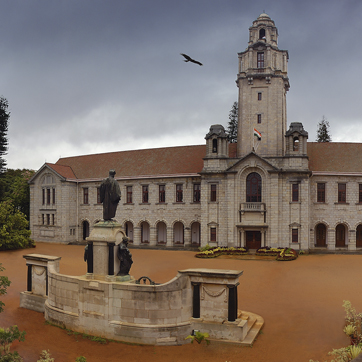1117 words | 4-minute read
Sir Dorab Tata gave concrete shape to the vision of his father Jamsetji Tata, the founder of the Tata Group. He established the Tata Group as an industrial giant while also supporting sport and a variety of charitable causes.
Sir Dorab Tata, the elder son of Jamsetji Nusserwanji Tata, was born on August 27, 1859, when his father, the founder of the Tata Group, was 20 years old. Dorabji, as he was known, attended the Proprietory High School in Bombay and, at the age of 16, was sent to a private tutor in Kent in England. At 18, he attended Gonville and Caius College at Cambridge.
It was in England that Sir Dorab discovered his love for sports. During the two years he was at Cambridge, he distinguished himself at sports, winning honours for cricket and football. He also played tennis for his college, became an expert rower, won a number of sprint events and was a good horseman.
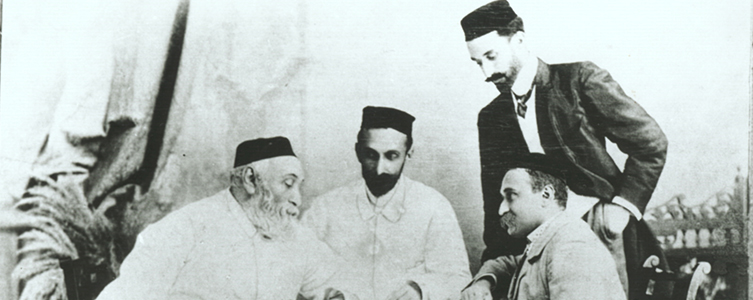
Sir Dorab returned to Bombay in 1879 and joined St Xavier’s College, from where he obtained a bachelor's degree in arts in 1882. Instead of including his son in his expanding business, Jamsetji encouraged him to broaden his experience with a stint at journalism, and later gave him independent charge of setting up a textile project in Pondicherry. Soon after, Sir Dorab was sent to look after the company’s flagship Empress Mills in Nagpur, India. At the age of 38, he married the beautiful Meherbai Bhabha, the daughter of HJ Bhabha, inspector general of education of the erstwhile Mysore state.
Taking Industry Forward
The three great passions of Jamsetji’s life at this point were the Indian Institute of Science, which would prepare future generations of Indians to take full part in the scientific development of the country; a steel plant, which would establish India’s industrial credentials, and a pioneering hydroelectric plant near Bombay.
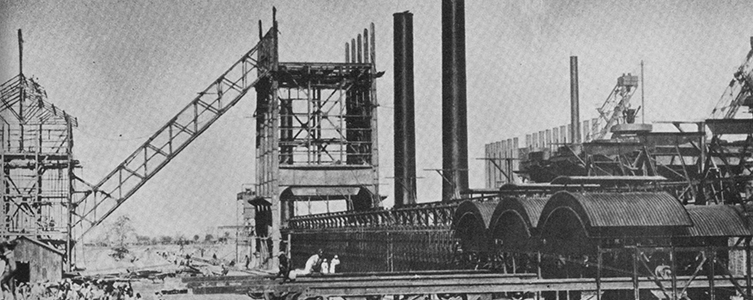
Sir Dorab's commitment to his father's vision and values was so strong that he staked his personal fortune to save the steel venture when, in 1924, it slipped into trouble. His business sense and audacity had seen the company undertaking a five-fold expansion programme in the post-World War I period. Spiralling costs combined with transport and labour difficulties in the West upset Sir Dorab’s calculations. At about this time, the company’s largest pig iron customer, Japan, was struck by an earthquake and steel prices tumbled.
It got to a point when there was not enough money to pay his workers’ wages. Sir Dorab pledged his entire personal fortune worth, about Rs1 crore and including his wife’s personal jewellery, to obtain a loan. Tata Iron and Steel secured support from unexpected quarters — among those backing the company were Jawaharlal Nehru and Mohammed Ali Jinnah, the future leaders of independent India and Pakistan — and it survived the crisis.
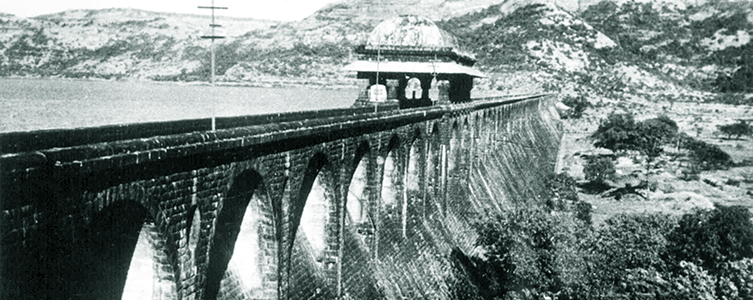
At the time of Jamsetji’s death, the fledgling Tata Group owned three textile mills and the Taj Mahal Hotel in Bombay. Under Sir Dorab’s stewardship were added an integrated steel plant — then the largest single industrial unit in the British Empire — three electric power companies, a large edible oil and soap company, two cement companies, one of India’s leading insurance companies, and an aviation unit.
Sir Dorab always gave the credit for all these achievements to Jamsetji’s pioneering spirit. "Kind fate," he once noted, ‘has prompted me to help in bringing to completion his inestimable legacy of service to the country."
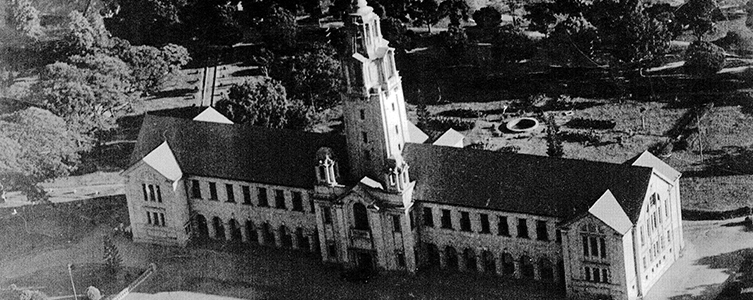
Sporting endeavours
Sir Dorab had an enduring love of sport, trying his hand at different disciplines in his younger days and, later, becoming a strong patron and supporter of the Indian Olympic Association.
In fact, India owed its participation in the Olympic Games at Antwerp in 1920 in great measure to Sir Dorab. As president of the Indian Olympic Council, he financed the Indian contingent that went to the Paris Olympiad of 1924. He was also a member of the International Olympic Committee.
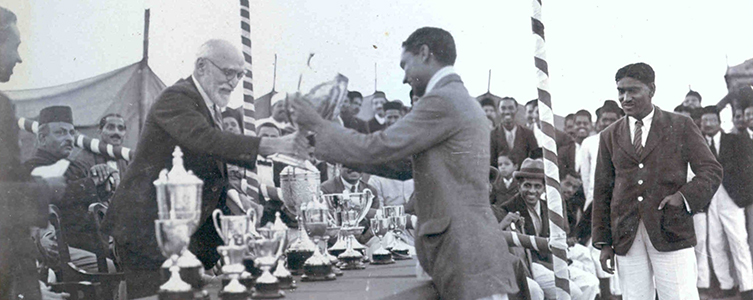
Sir Dorab had the country scoured for sports talent. He arranged for the then director of the Young Men’s Christian Association to tour the country and bring home to the people of India the importance of the Olympic movement. He helped found, among other institutions in Bombay, the Willingdon Sports Club, the Parsi Gymkhana, the High Schools Athletic Association and the Bombay Presidency Olympic Games Association.
A Trust For The People
Among Sir Dorab’s most valuable legacies was the establishment of a substantial trust, into which he poured all his wealth, down to his pearl-studded tiepin. Like his father and brother before him, he believed that wealth ought to be put to constructive use. Less than a year after his wife’s death, Sir Dorab put all his wealth into a trust which was to be used — "without any distinction of place, nationality or creed" — for the advancement of learning and research, the relief of distress and other charitable purposes. From this vision was the Sir Dorabji Tata Trust born.
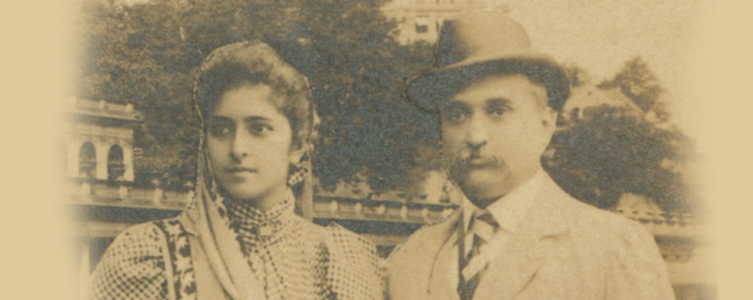
The trustees of the Sir Dorabji Tata Trust were empowered to sell his lands, shares, securities and jewellery, including the fabulous Jubilee diamond, but were not permitted to withdraw the shares Sir Dorab had to his credit with Tata Sons. Through the trust, he sought to ensure the integrity of the parent firm his father, he and RD Tata had founded in 1887.
Sir Dorab also set up a trust in his wife’s memory, the Lady Tata Memorial Trust, which he endowed with a corpus for research in leukaemia. The Lady Meherbai D Tata Education Trust was formed as a much smaller trust, partly from public donations, for the training of women in hygiene, health and social welfare.
On April 11, 1932, Sir Dorabji set sail for Europe expecting, among other things, to visit his wife’s grave in England. It was on this journey that he died, at Bad Kissengen, Germany, on June 3, 1932. A few days later, almost on the anniversary of his wife’s death, he was laid beside her at the Brookwood Cemetery in England.


